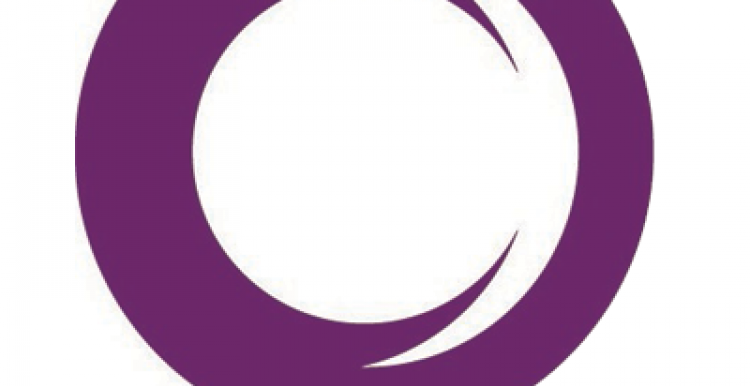CQC rates Hamilton Dialysis Service inadequate and places it in special measures
The Care Quality Commission (CQC) has rated Renal Services (UK) Ltd- Hamilton, inadequate overall and placed it in special measures following an inspection in July.

CQC undertook an unannounced inspection of the service which provides dialysis to NHS patients living in Leicester and the surrounding area, following concerns identified regarding patients’ best interests not being met. This was CQC’s first inspection of the service.
Following the inspection, due to the level of concerns found, the service was rated inadequate and placed in special measures. The service was also issued with a warning notice requiring them to make improvements around governance.
As the service is in special measures, it will be inspected again within six months. If there is insufficient improvement, CQC will use its enforcement powers further to protect patients from the risk of harm and hold the service’s leaders to account.
Fiona Allinson, CQC’s deputy chief inspector of hospitals, said:
“When we inspected Renal Services (UK) Ltd- Hamilton, leaders didn’t show any understanding or awareness of the issues the service faced and how to address these, meaning patient care was compromised.
“We were concerned that safety incidents weren’t well-managed, and some staff didn’t have the necessary skills and competency essential for their roles. Staff at all levels were unsure of the legal processes around capacity assessments which are needed to ensure patients best interests are assessed and met.
“In addition, the service did not always control infection risk well. Inspectors saw examples where staff handled medical equipment without following infection prevention guidance, meaning patients were placed at an increased risk of infection.
“We did, however, see some examples of positive care for patients. Multi-disciplinary teamwork was effective meaning people could access the service when needed and receive timely care.
“We spoke with the provider about addressing our findings as a priority and we are aware it is making the necessary improvements and taking the appropriate steps to ensure people are receiving better care. We will continue to closely monitor the service and return to check on progress.”
Staff told inspectors they didn’t feel respected, supported or valued and couldn’t raise concerns without fear. This was worsened by leaders not being fully aware of the issues the service faced and not supporting staff with appraisals or supervision.
Despite these issues, patients reported that staff were kind and treated them well. Inspectors heard staff taking to patients using non-medical terms to ensure they understood their treatment. Staff had empathy and understood the emotional and social impact that a person’s condition had on their well-being and those close to them.
Inspectors found areas where improvements must be made, including:
- Systems must be in place to minimise the spread of infection and provide assurance that patients aren’t being placed at risk.
- All policies and procedures must be embedded in daily practice.
- Staff must follow safe practices when administering, checking and storing medicines so patients receive them safely.
- The provider must monitor all staff who work within the service to ensure they are appropriately competent and skilled to provide safe care.
- All incidents must be appropriately reported and investigated, with actions taken and timely feedback given to staff involved.
- The safeguarding policy and training must reflect current legislation regarding safeguarding people who use the service.
- Patient records must be up to date and include all decisions taken in relation to care and treatment.


